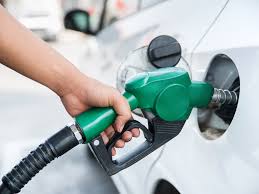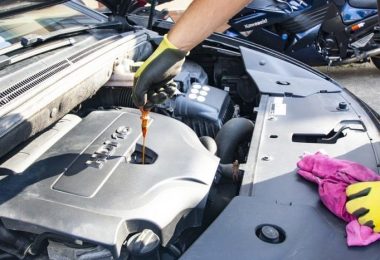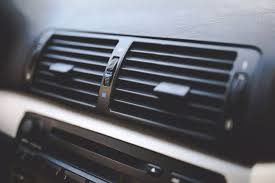
Top factor that adds value to a car should be giving priority attention. All cars are said to be good. But car that has Fuel economy is an outstanding car. What do we mean, in a common sense, any car that has the ability to minimize its fuel dispensing to the combustion chamber is fuel economy car. Fuel efficiency car models save fuel, costs and time spent filling up. Thereby making you to have more money in your pocket. Through their economy, they have added benefit of reducing the amount of smog-contributing pollution compared to other cars. No wonder why Americans rank fuel economy car as the most important factor in their decision when they want to buy a car. Research has also shown that plenty of people prefer fuel efficiency than their safety and price of the car. We can understand that cars with fuel economy helps us save cost, reduce climate change, reduce oil dependence cost, increase energy sustainability
When we made mention the Fuel economy, we refers to the number of miles a car can travel using a specific amount of fuel. It’s measured in miles per gallon or miles per gallon gasoline equivalent for electric vehicles. The more miles per gallon a car gets, the farther it can go on a tank of gas and the better its fuel economy.
Read More: How to find out the fault of your Fuel pump
ENVIRONMENTAL EFFECT
In today’s day and age, so many factors contributes to increase in pollution, and global warming, we should consider buying cars that are fuel economy. By doing so, we can help reduce the damage that is being done on our environment. We are destroying our environment every day little by little by smoking, driving cars that are not fuel efficient, ruining our cars, wasting precious energy, not implementing the knowledge we know about environmental protection.
A car that does not consume a lot of gas and gives the best possible mileage is a fuel-efficient car. How does a fuel-efficient or economy car give cleaner air? The lesser the fuel consumption of the car, lesser is the smoke that will come out of its exhaust. And this is because the tailpipe emissions coming from fuel-efficient or economy cars are lesser than the cars that are not fuel efficient. As a result, the damage done to the atmosphere is considerably less.
Gases, like carbon dioxide, carbon monoxide, nitrogen oxide, hydrocarbons, and particulate matter are let out by all cars. These gases are harmful to us as well as our environment. They aid in depleting our ozone layer, causing global warming, and bringing about climatic changes. Fuel-efficient cars help in reducing pollution and smog by at least 50%.
Many car showrooms today are drawing light towards our environmental issues and promoting the use of cars that are fuel efficient. Discussing factors, like fuel economy, environmental protection, and energy conservation–which are some of the key selling points of these vehicles–help in increasing environmental awareness.
When we are planning to buy a car, we should always ask the dealer the exact engine specifications, like the size of the engine, number of cylinders used, weight and size of the vehicle, etc., as all these factors affect the fuel efficiency or economy of the car. Cars with smaller engines burn lesser fuel, but some big-sized cars, such as those made of lightweight material like high-strength steel, fiber glass, aluminum, plastic, and other composite material are fuel efficient.
When you buy a hybrid car, or even a car that is known to be fuel efficient, you know that you are doing the environment and yourself a favor. By conserving our environment, we are securing our future.
Read More: The Role of Internal Combustion Engine
Saves Money
Because less fuel is required to cover a journey, fuel-efficient cars save more money for drivers in the long-term. Even a 1-liter difference in fuel-efficiency or economy pays dividends – often amounting to hundreds if not thousands of dollars (depending how much you drive, of course). So, the next time you enter a car dealership, be sure to ask your seller about the car’s fuel-efficiency or economy. It could make all the difference to your purchase. Be sure to consider fuel economy, as well, to keep your operating costs in check.
Read More: 7 Tips to Reduce Fuel Consumption
Burning less gas to go the same distance means spending less money at the pump and less money. A vehicle is described as fuel-efficient or economy if it is listed as having less than 6-liters per 100km (or less than 16.5km per liter). This standard prevents car manufacturers from listing their vehicles as “fuel-efficient” in cases when they quite palpably are not. It means that a vehicle needs 6-liters of fuel, or less, to travel a distance of 100km. It depends on the type of engine, too. In general, diesel engines are more fuel-efficient than petrol engines. They use compression ignition, which extracts more energy than spark plugs. Even a 1-liter difference in fuel-efficiency or economy pays dividends – often amounting to hundreds if not thousands of dollars –depending how much you drive, of course. Therefore, fuel efficiency or economy cars are best to look out for when making a decision to buy a car. Therefore, from this article, it is obvious that cars with fuel economy helps us save cost, reduce climate change, reduce oil dependence cost, increase energy sustainability.







